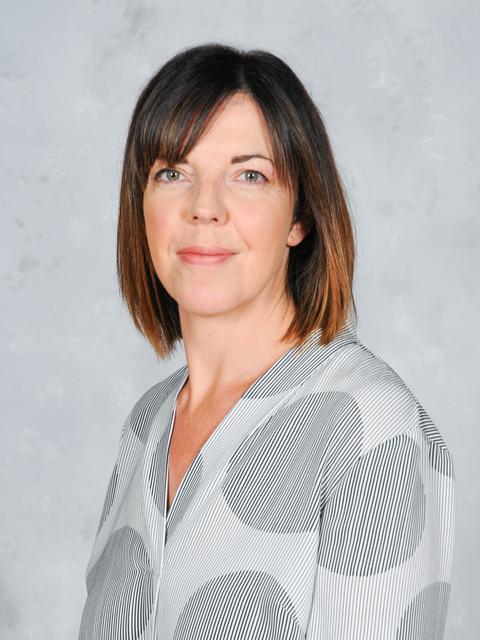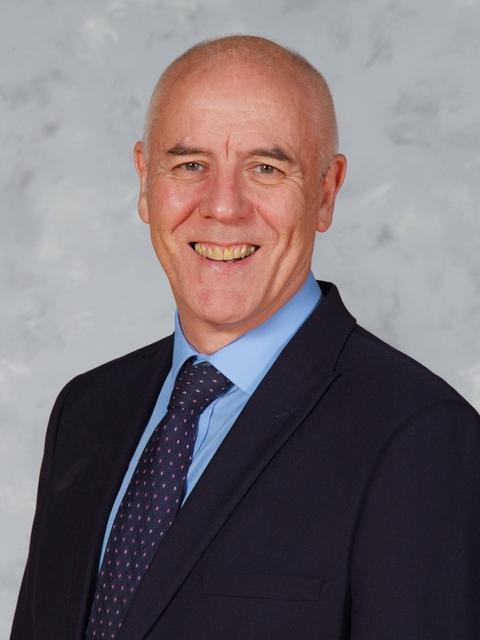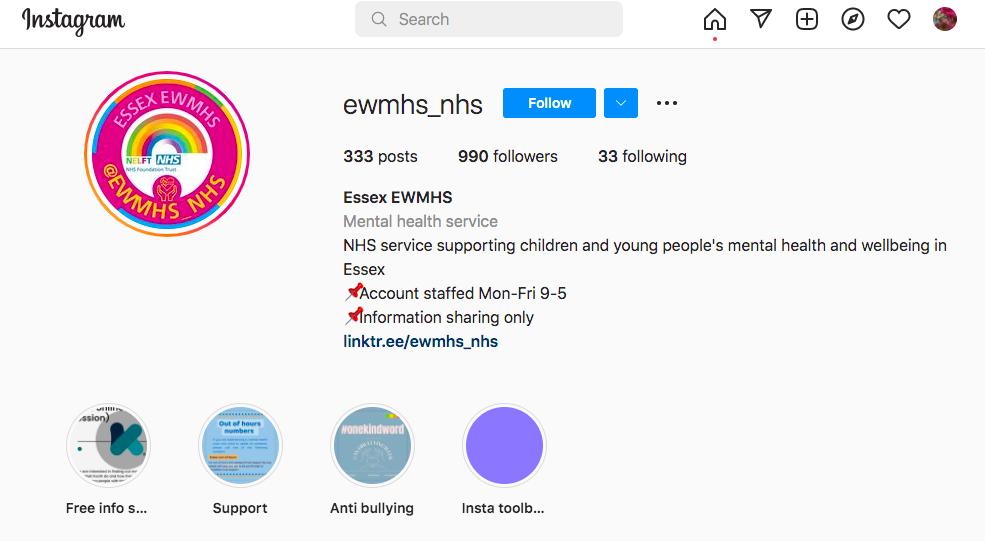Keeping our comm Safegua d School
Welcome to the January edition of our monthly safeguarding newsletter - the first of 2023 Each month we provide an update containing reminders about how we approach safeguarding at Honywood as well as useful links/info to support families out of school If you have a question about safeguarding our hope is that our monthly bulletins will be able to provide the answer or at least some signposting to where you may get the answer. This month we have info about the dangers of vaping and the behaviours that social media can encourage.
Need to Talk, share a concern or ask a question?

Who can learners talk to at School?
● Learning Group Leader

● Cohort Leaders
● Pastoral Leaders
● Class teachers
● Learner Reception
● Learning SupportAssistants
● Learner WellbeingApp on iPad
● Senior LeadershipTeam
● Mrs Nichols - Safeguarding Lead


● Mrs Hickford - Deputy Safeguarding Lead
● Mr Caygill - Deputy Safeguarding Lead

● Mr Robertson -Attendance & Welfare Officer

Learner Information
Please refer to the Honywood Wellbeing app on your school iPad, link below https://sites google com/honywoodschool com/learnerwellbeing/home
If you need Wellbeing & Mental Health support out of school, please contact:
YOUNG MINDS - textYM to 85258, or https://youngminds.org.uk/find-help Kooth - your online mental wellbeing community https://wwwkooth com/
Child andAdolescent Mental Health Service
0300 300 1600 to get in touch directly. For the out of hours crisis support, please call the general NELFTswitchboard on 0800 953 0222. and ask for the CAMHS Crisis Support Service
Childline 08001111
Weekly Bullying and Child on ChildAbuse reporting form
All learners and parents receive a weekly email link and reminder that if they have any concerns about the behaviour of any learners in school that could be considered bullying and/or child on child abuse, they may report it using the following link: https://docs google com/forms/d/e/1FAIpQLSfs8npY9aDQcY3WsRttFcI5PB0NGPaBgKR4aRdtWdr HlogNWQ/viewform
If you have any questions about the form before completing it please feel free to email me scaygill@honywoodschool.com Similarly if you have any feedback regarding the structure/questions of this form please do share this too as the form could evolve over the coming weeks with any feedback shared
Parents/Carers
For support and information please contact:
For information about support for children, young people and families please see the Essex County Council website
If you are a parent or carer, child or young person and you need support, you can phone 0345 603 7627 and ask for the Children's Line
Useful General Policies
Safeguarding Policy
https://www.honywoodschool.com/page/?title=SAFEGUARDING&pid=146
KCSIE September 2022
https://wwwgovuk/government/publications/keeping-children-safe-in-education--2
Responding to Harmful Sexual Behaviours Policy
https://wwwhonywoodschool com/attachments/download asp?file=318&type=pdf
Vaping
Vaping has gotten much more popular among teenagers in the past few years Now, many more teenagers use e-cigarettes, like the brand JUUL, than traditional cigarettes There are restrictions on the sale and advertising of e-cigarettes to young people, but many teenagers still use them.
When teens vape, what they’re doing is inhaling steam that comes from hot nicotine liquid E-cigarettes, vape pens and JUULs are all different devices for heating the liquid Research shows that vaping has many medical risks.
E-cigarettes contain a lot of nicotine, which is very addictive Getting addicted to nicotine can make it harder for teenagers to focus and concentrate E-cigarettes also contain chemicals that could cause cancer, and there are many reports of serious lung problems connected to vaping. Additionally, vaping can make teenagers more likely to start smoking regular cigarettes
Unlike regular cigarettes, e-cigarettes don’t have a strong smell, so it’s much easier for kids to use them in secret The kid-friendly packaging and flavours of JUUL and other popular vape brands make vaping look fun, so even kids who wouldn’t try cigarettes may be tempted Teens often think that vaping isn’t dangerous, and it’s easy for underage kids to buy vaping devices online
If you’re worried your child might be vaping, start with a general conversation Try asking if other kids at their school vape, and what they think about it By finding out what they already know, you can start helping them understand the risks This usually works better than just telling them that vaping is wrong. If your child is addicted to vaping, make sure to get care from an addiction specialist Addiction to nicotine from vaping can be even more serious than addiction to regular cigarettes
● Child vaping risks becoming ‘public health catastrophe’ in UK, experts warn | E-cigarettes | The Guardian
● Vaping - is it a risk-free option? - BBC News
● ‘When I see kids vaping, I warn them: that’s what killed my daughter’ | E-cigarettes | The Guardian
Harmful Online Content and Behaviour
It is not difficult to imagine harmful or abusive behaviours being present on social media. What can be challenging to deal with is the presence of popular online personalities or influencers who become well-known and even famous for exhibiting this behaviour over online platforms This is especially concerning when children and young people begin to view this harmful content online
Online safety experts have recently received reports of children as young as 11 quoting online personalityAndrewTate at school, even resulting in acts of violence towards female peers
This represents a larger issue in our world (both online and offline) in how harmful behaviour like misogyny, violence against women and minorities, and sexual misconduct is dealt with and portrayed online To help parents and carers approach these issues we have included information and advice below:
Who isAndrew Tate?
Andrew Tate is an American-British former professional kickboxer turned internet personality He is a self-described ‘success coach’ and has a subscription-based online marketing programme called ‘Hustler’s University’ with over 100,000 subscribers. Tate has recently seen a rise in online notoriety due to a string of controversial comments and behaviours, such as:
● Saying that rape victims put themselves “in a position to be raped” and “must bear some responsibility”, claiming most do this for advancement in ‘opportunity’.
● Leaving the country amid rape allegations, suggesting it was ‘easier to evade charges’ and that it was ‘probably 40% of the reason’he moved to Romania
● Claiming mental illness makes people ‘weak’and that depression ‘isn’t real’.
● Promoting gendered violence and misogyny on his podcast and posts about relationships (e g “It’s bang out the machete, boom in her face, and grip her by the neck ”)
These behaviours and more have led to his accounts being removed from social media platforms like TikTok, Facebook, and Instagram for violating policies on “dangerous organisations and individuals ” This followed a successful campaign by UK-based advocacy group Hope Not Hate to remove him from all major platforms.


Tate is routinely called a “misogynist” by media outlets. He claims all allegations of abuse, assault, rape, and even human trafficking that have been put against him were “taken out of context ”
Despite this, it’s worth noting that before being banned, Tate had over 11 billion views on TikTok, 4 million Twitter followers, 4 7 million Instagram followers, and 768,000 YouTube subscribers His followers (who he refers to as his “army”) have continued to spam these platforms with edited video footage and podcast recordings in support of him
Why are children and young people interested in this behaviour?
There are many reasons why a child or young person might begin to show interest in this kind of harmful content online
Glamourous lifestyle.
Many of the influencers or personalities conveying these harmful behaviours appear to be sitting in the lap of luxury and fame Some are actors, wealthy businessmen, even high-ranking political figures.These people seem successful, inspiring, and confident in their beliefs.
Fast fame.
The controversial nature of these behaviours seems to automatically make unknown names into trending hashtags on social media platforms. In posts attached to these ideas, the sudden rise to fame is often addressed by thanking their followers for their ‘loyal support’
Isolation and loneliness.
Children and young people who feel isolated, rejected, and ostracised are particularly vulnerable to this type of content A newly discovered set of ideologies could make sense of their world while offering them a place of acceptance and new friends
Looking for advice.
A topic or insecurity that a young person needs help with could inspire them to begin vulnerably searching for an answer on social media. Some of these personalities claim to be motivational speakers and are lauded by those they have ‘helped’with their wisdom and advice.
Keeping up with peers
Young people may seek out dangerous online personalities such as Andrew Tate, in a bid to appear ‘informed’ amongst friends or older siblings who might view this type of harmful content in a form of unhealthy entertainment
It is important to note that children and young people are still growing in their emotional, physical, and mental maturity If they are engaging with content that promotes harmful behaviours (such as misogyny), it does not mean they fully understand or agree with what is being said (even if they claim they do).This also extends to exhibiting harmful behaviour.
How are children and young people exposed to this behaviour?
There are several ways that children may be observing harmful behaviour It’s important to be aware of what they are, and to regularly check-in with how each may be having an impact
Algorithms
An algorithm is built-in AI (artificial intelligence) that social media platforms use to generate content based on posts users have previously interacted with. This is used to try and keep users scrolling on the platform for as long as possible
There has been much backlash against social media platforms for using algorithms to promote harmful material – such as knives, physical attacks, or sexual behaviour – to users under 18 years old One investigation found that a teenage boy’s account, which watched videos aimed at male audiences, increasingly began to recommend videos of Tate and similar creators, regardless of whether they liked the content or not.
Popular media
Young people consume a huge array of media Actors and actresses from their favourite shows may be starring in more adult productions that are easily accessible through streaming services, TikTok, Instagram, or YouTube. For example, in 2021, following large success with her HBO show Euphoria, lead actress and producer Zendaya was horrified when a child stepped up to question her about the show, which features heavy drug use, sexual acts and abuse, and excessive physical violence
Some professionals are worried about the larger impact this material might have Hannah Ruschen of the NSPCC said, “Viewing such material at a young age can shape a child’s experiences and attitudes, resulting in further harm to women and girls in and out of school and online.”
Home life
No one comes from a perfect home Extreme physical or verbal abuse happens in some homes, while a more subtle form may exist in others Playful jokes, suggestive comments, or arguments (even within healthy, consenting adult relationships) might be interpreted incorrectly by children who were not meant to witness them
Remember – young children are especially prone to replicating behaviour, especially if it is done by an adult they are closely connected to.
Potential Risks
When considering the impact that harmful behaviours may have on children and young people, it’s important to highlight these potential risks
● Replicating or engaging in the behaviour in order to ‘fit in’with peers
● Low self-esteem when comparing themselves to ‘successful’personalities
● Being the victim or perpetrator of cyberbullying
● Having an emotional reaction to harmful content online.
● Damage to their reputation that could impact relationships and future plans
● Views and beliefs being negatively influenced or ‘nudged’in the wrong direction
Advice
To help you give the best care and support possible in situations where harmful content is being used or presented,please refer to the following advice
● Stay calm If the child or young person in your care is exhibiting these behaviours or being targeted by them, the best thing you can do is realise that there is a problem that they need your help with Approach them with gentleness and love, even if you dislike their behaviour
● Talk to them Ask them to explain what happened, and give them space to tell you in their own words. It may be emotional or embarrassing to discuss, but being able to talk through complex feelings in a supportive environment will help them.
● Be honest It can be hard, but consider how your own actions (or those of family members or friends) might be affecting this behaviour This may present in shouting, teasing, pressure, or even bullying, and could affect their coping mechanisms.
● Identify help It’s important that children and young people have someone they can turn to for help, even if that person is not you Use our Trusted Adults resource to highlight who these people are for them
Mentoring support for improved family wellbeing
Does your family need some extra support right now?
The Essex Family Support Service is free and here for families with children and young people aged 8 to 19 to help you build a happier life together. They will listen to you and take the time to work together to find solutions, which could include matching you with one of their Family Mentors, who can help with friendly support for up to 10 weeks
They can help with:
● Information about the right support or services local to you
● Alistening ear to talk through possible solutions to the challenges you face
● Areferral to professional services, such as counselling or parenting courses
● Getting more help around your child’s special educational needs
● Support for a young person who helps care for someone else or is affected by this
● Finding local groups, activities and organisations to build social or support networks

Contact details:
If you want to speak to someone to see if they can help, please call 01206 505250 or email them at families@community360 org uk and we will get back to you promptly
Mental Health Support Resources for Parents
Exam Stress. The following link covers a wide-range of tips to keep students mentally healthy SupportingYour Child during Exam Time (Young Minds) ExamTime & Exam Stress | Parents GuideTo Support Young Minds https://youngminds org uk/
EWMHS. Emotional well being and mental health service have recently launched a new Instagram account to provide advice and support to young people experiencing mental health issues Please encourage your children to follow the account where they will be able to access early intervention advice and support https://wwwinstagram com/ewmhs nhs/

M h S together: https://wwwmindedforfamilies org uk/young-people
NHS Mental Health Charities directory: Mental health charities and organisations
Parent zone - 10 mental wellbeing apps for all the family: https://parentzone org uk/article/10-mental-wellbeing-apps-all-family
Headstogether - Changing the conversation on mental health: https://wwwheadstogetherorg uk
The Mix - Essential support for under 25s: https://www.themix.org.uk/
